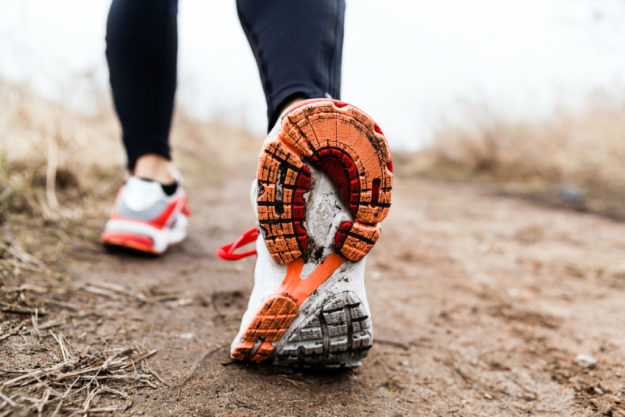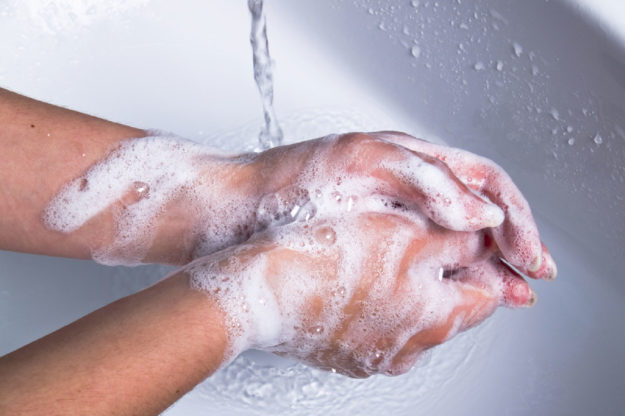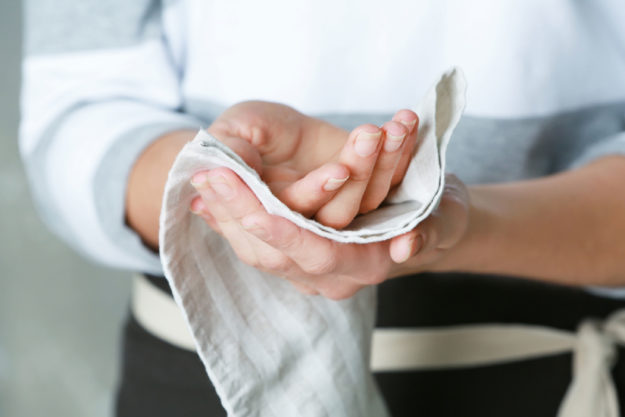10 healthy habits of people who rarely get sick
Here are 10 ways to help you steer clear of flu, cold and even coronavirus
Staying healthy may seem like a task and a half, especially these days. If you’re taking your vitamins and eating right, it should be enough, right? Wrong! We’re sure you’ve why some of your friends seem to have such solid immune systems while you are sneezing and wheezing every turn of the season?The answer is simple. People who rarely get sick often have tiny habits that contribute to better health, whether they know that or not. As compiled from The Healthy, here are 10 easy habits that may help you steer clear of flu, cold and even coronavirus.
1) Drink enough water

We know what you’re thinking – water will not flush out coronavirus! But it will flush out other pesky germs from your system. “Stay hydrated. Take your weight in pounds, divide in half. That is approximately how many ounces of water you need a day,” advises Renee Miranda, a family physician at The Ohio State University Wexner Medical Centre.
2) Good night’s sleep

Studies have found that our immune system suffers immensely when we don’t get enough sleep, which means we’re more prone to getting sick. “When we sleep, the body gets a chance to recuperate, repair and rejuvenate,” says Dr Miranda, recommending around eight to nine hours of sleep.
3) Disinfect phone and work surfaces

Yes, it sounds like a bit high maintenance but trust us, it’s really not. It takes up exactly a minute, or even under that, and requires as much as one disinfecting wipe per surface. Plus, most of us don’t realise just how dirty our phone screen are. “Use bleach-free disinfecting wipes (or regular 70% alcohol wipes) to clean keyboards and other surfaces at the office,” advises Dr Partha Nandi, a leading physician.
4) Get regular flu shots

According to the Centre for Disease Control and Prevention (CDC), the single best way to protect against the flu is to get vaccinated every year. However, the vaccines may not protect against every strain of the virus and you may still get sick. But at least your symptoms will be milder.
5) Get active and go outside!

“It’s not uncommon that many of us are sitting in front of a computer screen, TV, or mobile phone for many hours of the day, and this promotes a sedentary lifestyle,” says Dr Miranda. “Getting outside and breathing fresh air promotes a more active lifestyle, helps with circulation, provides stress relief and improves well-being.”
6) Drink warm water

Hot drinks have always been a favourite when it comes to flus. They help improve mucus flow. Drinking warm water generally may help you too if you get sick often. “Drink warm water with raw honey added to it. You can also add some organic lemon juice or a cinnamon stick in it,” suggests Dr Nandi.
7) Try essential oils

Although more research is needed in this regard, many people report essential oils to be super helpful with stress and sleep, which is backed up by the National Sleep Foundation in America. Also, an article in the American Journal of Essential Oils and Natural Products suggests that some essential oils such as cinnamon leaf, eucalyptus oil, and bergamot oil may have antiviral properties.
8) Don’t go overboard!

Yes, there is such a thing as too much. “Exposure to all kinds of bacteria is how we build an immune system that is balanced and strong,” says Dr Lipman, founder of Be Well in New York City. Overuse of products that kill both good and bad bugs, including antibacterial soaps and hand sanitisers and antibiotics, can have negative effects on our health as they limit the bacteria we are exposed to and kill off the good bugs that are protecting us.
9) Take supplements – especially zinc

A review in Open Forum Infectious Diseases found that those who took zinc within the first 24 hours of symptoms had shorter colds. “If you do take zinc, take it in the form of a syrup or lozenge, which allows it to stay in the throat where it can come into contact with a virus like a cold,” says nutrition and fitness expert Erin Palinski-Wade.
10) Change hand towels

Hand towels are more prone to germs because multiple people use them, and they might not be properly cleaning their hands. “Viral transmission can happen fairly quickly within the home,” explains Dr Nandi. So if a family member is sick, changing sheets and pillowcases can also help reduce the likelihood of transmission.
Have something to add to the story? Share it in the comments below


COMMENTS
Comments are moderated and generally will be posted if they are on-topic and not abusive.
For more information, please see our Comments FAQ